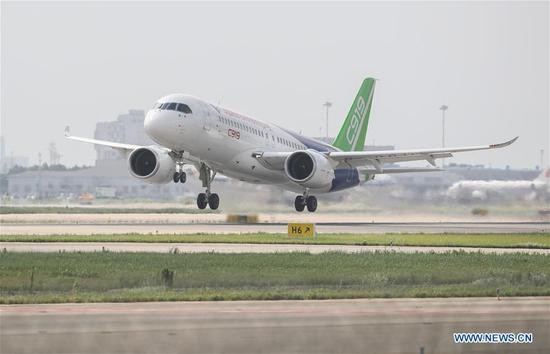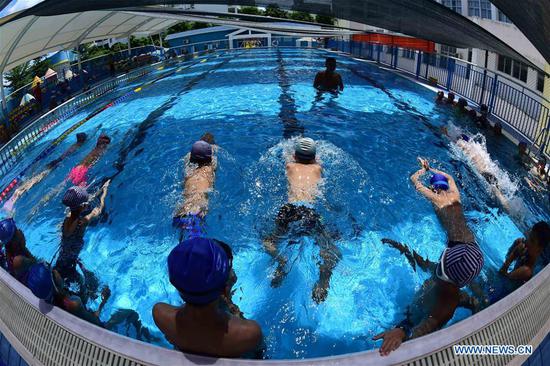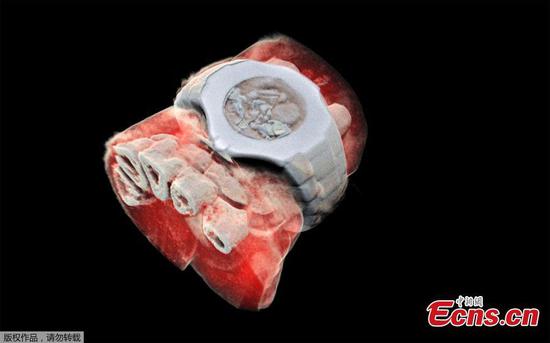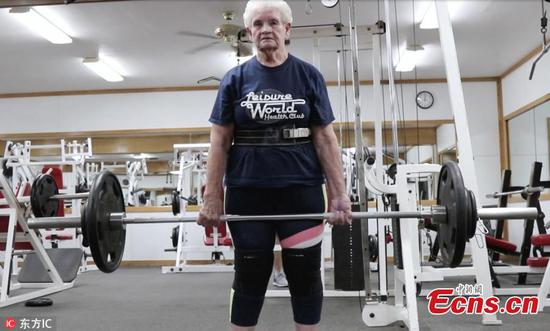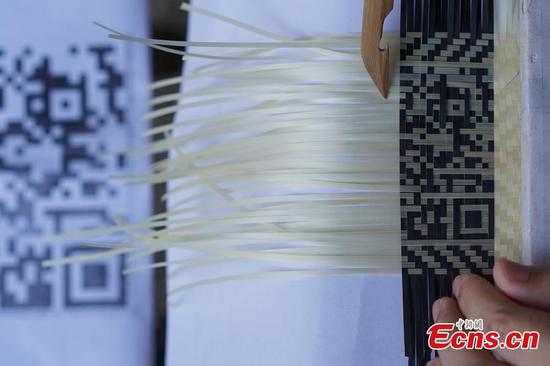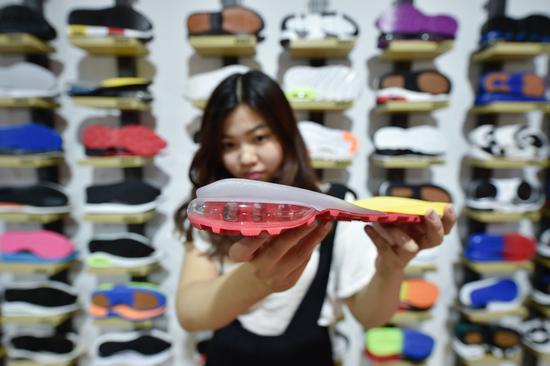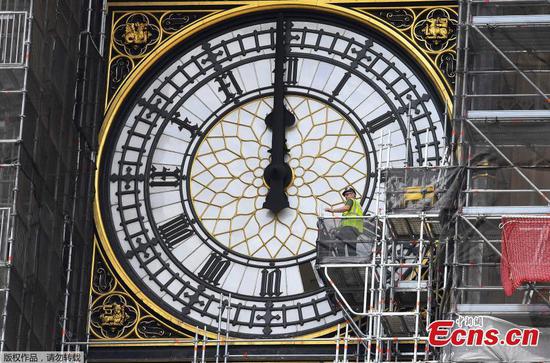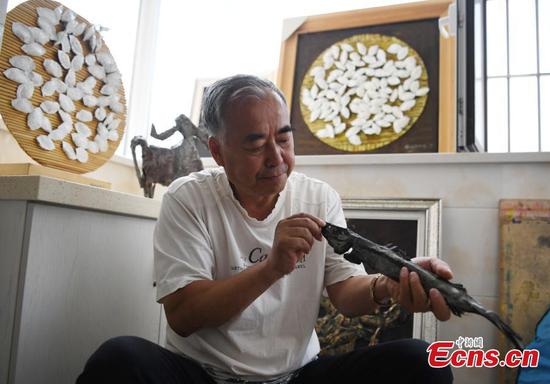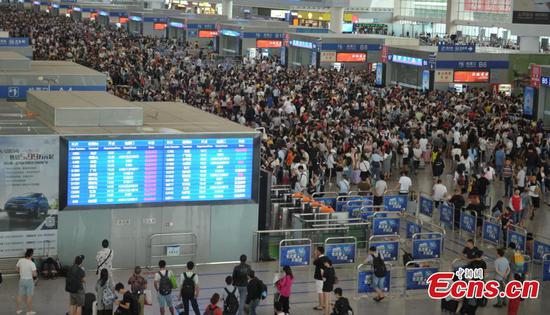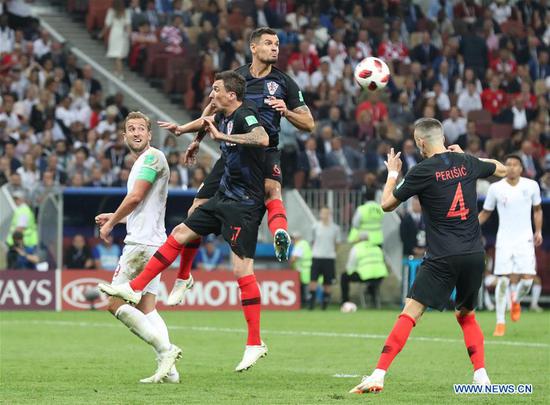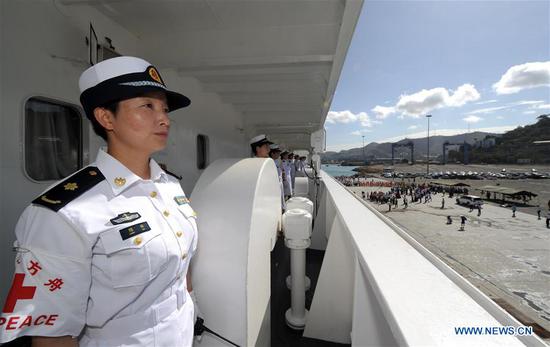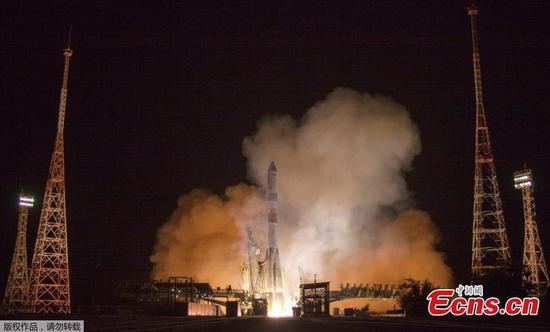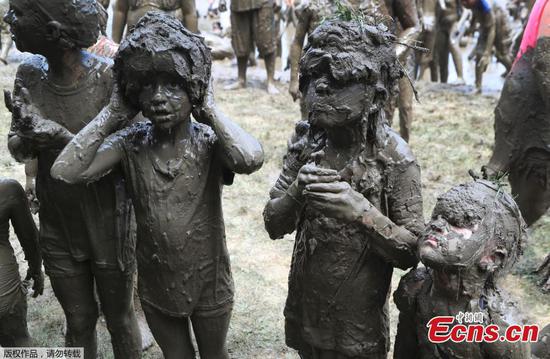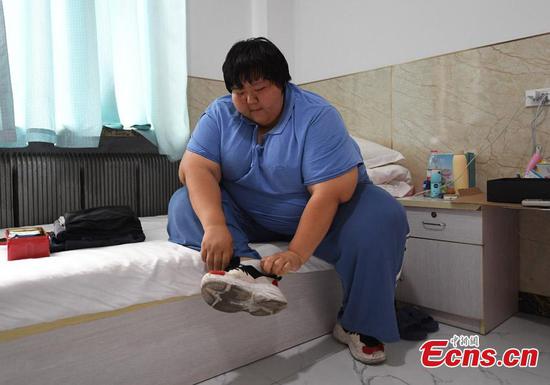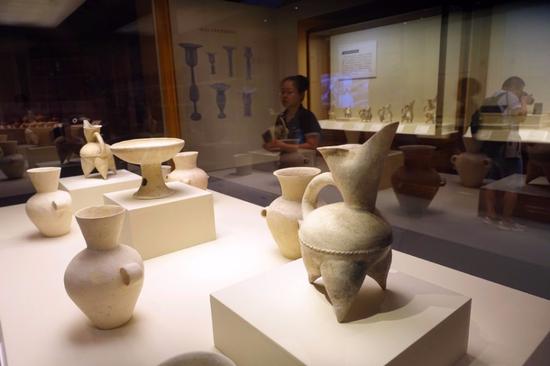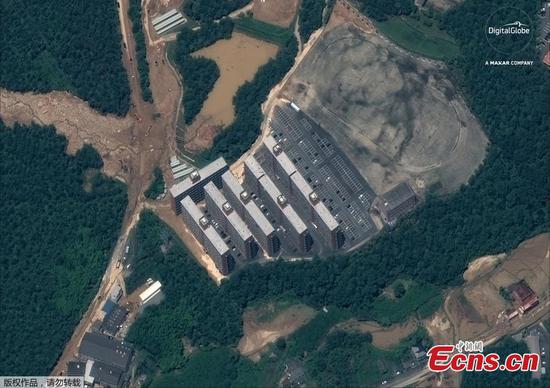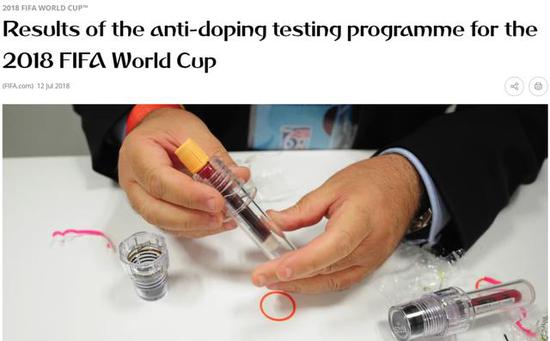
Screenshot from FIFA's website
FIFA confirmed on Thursday that there have so far all of the doping tests carried out before and during the 2018 World Cup finals have given negative results.
In a press communique FIFA explain the testing programme was the "largest ever conducted for a FIFA World Cup," with a preliminary testing pool of 1,500 players who were thought to be candidates to represent their countries this summer and that regular tests were carried out and complimented by FIFA's "use of the athlete biological passport programme," in order "to detect potential deviations that may indicate an abuse of performance-enhancing drugs."
FIFA explained every player who took part in the World Cup "was tested in unannounced controls before the competition and further systematic tests have been performed during it, both with post-match controls and on non-matchdays," and that 90 percent of tests were "targeted."
The targeting was "based on a number of criteria, including the recommendations of the Athlete Passport Management Unit, potential injuries suffered by the players, performance data and the athletes' test history."
Since January 2018, a total of 2,037 tests have been carried out to produce a total of 3,985, blood, urine and serum samples: 2,761 of those samples were collected directly by FIFA in unannounced controls before the World Cup kicked off and 626 were collected during the tournament.
Every player from the last four teams tested an average of 4.41 times since the start of 2018 and some have undergone 8 tests.
All of the samples will now be guarded for 10 years.










